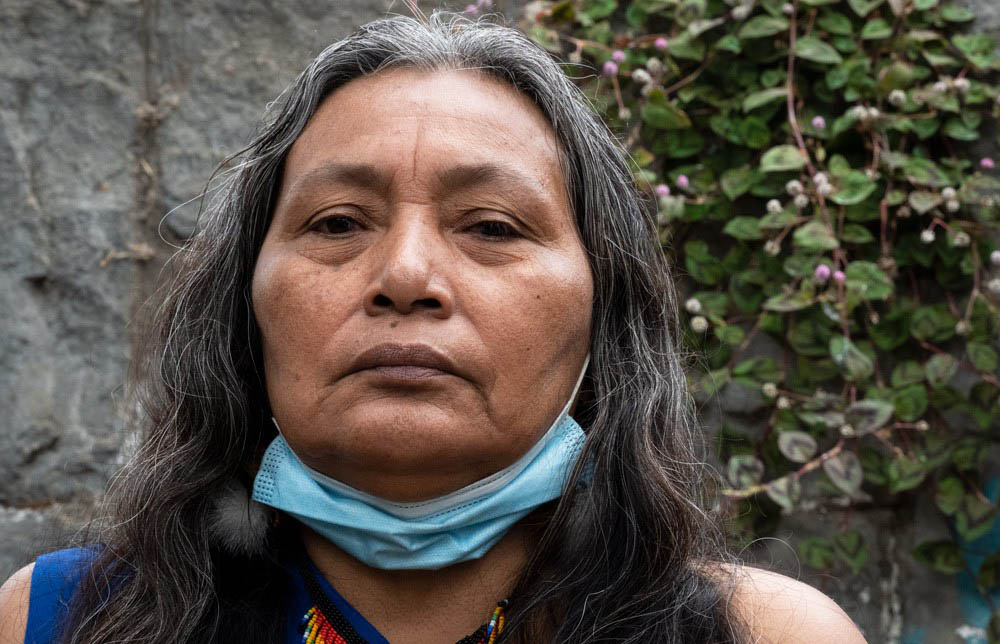QUITO, (Reuters) – Ecuador’s Shuar Arutam indigenous people said yesterday they will not allow mining on their territory, threatening a large copper mining operation in the Andean country, after a court ruled their rights to prior consultation were violated.
Ecuador’s Constitutional Court in September ruled the environmental permit granted in 2011 for the major San Carlos Panantza copper project required a consultation with the Shuar Arutam community, but this was not carried out.
Indigenous community leaders gathered in Puyo argued that the court ruling annulled the environmental license held by ExplorCobres SA, a unit of China’s CRCC-Tongguan Investment.
“Companies do not have to continue granting concessions on our lands, we will not accept more entries into our territories,” said community president Josefina Tunki. “We will always be ready to defend our autonomous lands.”
Ecuador’s conservative president, Guillermo Lasso, is betting on the mining sector to boost the economy, with exports projected at $3 billion this year. However, court rulings and referendums favoring local communities have hampered the plans.
The September ruling ordered the government to carry out a consultation with the Shuar people within six months, and that the country’s environment ministry make a public apology for granting the environmental permit.
Nathaly Yepez, an Amazon Watch lawyer representing the communities who have waged legal battles for years, said subsequent consultations “cannot be equivalent to correcting company mistakes.”
Ecuador’s energy and environment ministries did not immediately respond to a request for comment. The company ExplorCobres could not be reached.
The government and indigenous leaders are now working on a draft community consultation law, as part of agreements reached after indigenous-led protests shook the country last June.
The agreements include the suspension of mining concessions in territories considered of historic and generational value.





